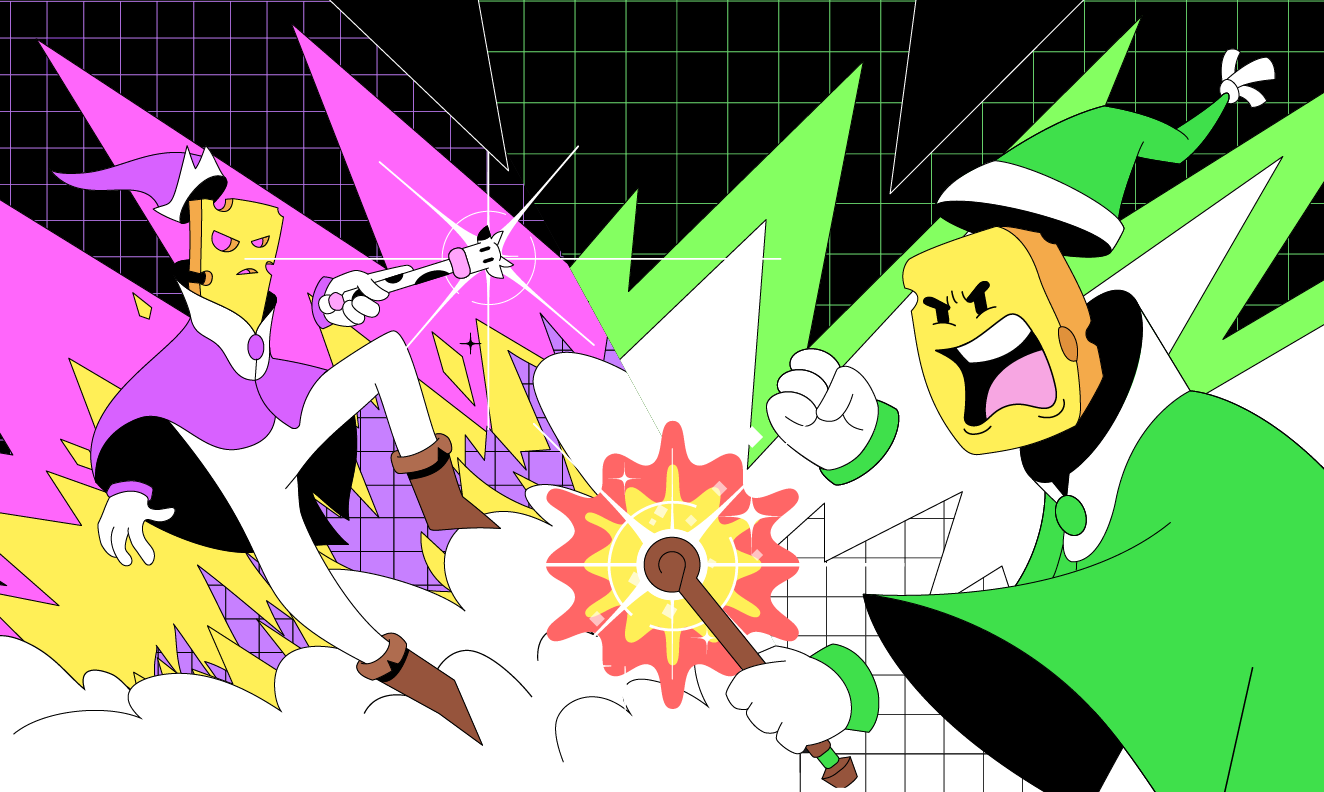Craig Wright’s Latest Funhouse-Mirror Legal Adventure

David Z. Morris is CoinDesk’s Chief Insights Columnist. He holds Bitcoin, Ethereum, Solana, and small amounts of other crypto assets.
Today is the fifth day of the civil trial between Craig Wright, chief scientist of crypto research firm nChain, and the estate of Dave Kleiman, Wright’s collaborator and business partner in the early days of Bitcoin. For newcomers to crypto, the name Craig Wright might not mean much, and fair enough: He is a largely discredited figure at the very margins of the industry, most likely these days to surface as an object of bemusement.
This article is excerpted from The Node, CoinDesk’s daily roundup of the most pivotal stories in blockchain and crypto news. You can subscribe to get the full newsletter here.
The current trial is a perfect encapsulation of the string of flubbed claims and public misbehavior that have made Wright an outcast. The Kleiman estate alleges that, in order to gain control of Kleiman’s share of their collaborative work, “Craig forged a series of contracts that purported to transfer Dave’s assets to Craig and/or companies controlled by him. Craig backdated these contracts and forged Dave’s signature on them.” According to the suit, Wright “claimed Dave signed all these property rights away in exchange for non-controlling share of a non-operational Australian company … The company went bankrupt after Craig apparently misled the Australian Tax Office (‘ATO’).”
The assets Wright allegedly nabbed include both a variety of intellectual property and a stash of bitcoin now worth close to $65 billion. Since 2016, Wright has used that bitcoin trove as support for his audacious claim to be Satoshi Nakamoto, the pseudonymous creator of Bitcoin.
But in 2018, blockchain analyst Kim Nilsson at WizSec looked at the addresses Wright had publicly claimed and concluded that they aren’t actually his. Instead, Nilsson described Wright as “some guy browsing a ‘blockchain rich list,’ picking out a couple of addresses at random and saying ‘I own those’ for whatever reasons, while offering no evidence except for some clumsy document backdating.” Some may remember Wright’s efforts to prove control of the accounts during the pretrial phase of the Kleiman suit, revolving around a mysterious bonded courier.
So Dave Kleiman’s estate is suing Craig Wright for money that Wright claimed to control as part of his assertion that he is Satoshi. The Kleiman suit largely treats those claims as valid, for the very good reason that it gives the estate standing to claim a large share of Wright’s claimed billions in bitcoin. But the upshot, for skeptics of Wright, is truly bizarre – a fierce, years-long court battle over money that Wright allegedly stole but may not actually have.
The tactics Wright allegedly used against Kleiman, particularly missing or mismatched signatures and seemingly backdated documents, have also undermined Wright’s prior evidence that he is Satoshi. Most importantly, Wright has, to date, not shown that he controls the cryptographic PGP key that validated Nakamoto’s communications prior to April 26, 2011, when Nakamoto sent his final known public messages. Bitcoin developer Gavin Andresen, whose reputation was itself badly damaged after briefly supporting Wright’s claim to be Satoshi, told the court this week that he now thinks Wright’s evidence for the claim was “certainly a deception, if not an outright lie.”
This, then, is a lawsuit claiming that Wright defrauded Kleiman out of a legacy that Wright has himself claimed through allegedly fraudulent means. The whole thing has the bizarre air of a snake eating its own tail, except neither the snake nor the tail actually exists.
In the context of the suit, the Kleiman estate has nothing to lose by parroting Wright’s claims to be a bitcoin mega-billionaire: If the estate wins, Wright will have to pay out billions of dollars, whether he actually has all that bitcoin or not. A victory in the Kleiman suit wouldn’t in itself prove Wright’s claim to be Satoshi. But, strangely enough, losing would provide Wright another opportunity to show the world the truth: It seems likely that Wright would have to sell some of what his defense team is calling “Satoshi’s coins” to pay the claim.
The show continues on Monday with what is likely to be one for the books: The notoriously aggressive and flinty Wright is expected to take the stand himself.
Subscribe to The Node, our daily report on top news and ideas in crypto.
By signing up, you will receive emails about CoinDesk product updates, events and marketing and you agree to our terms of services and privacy policy.









